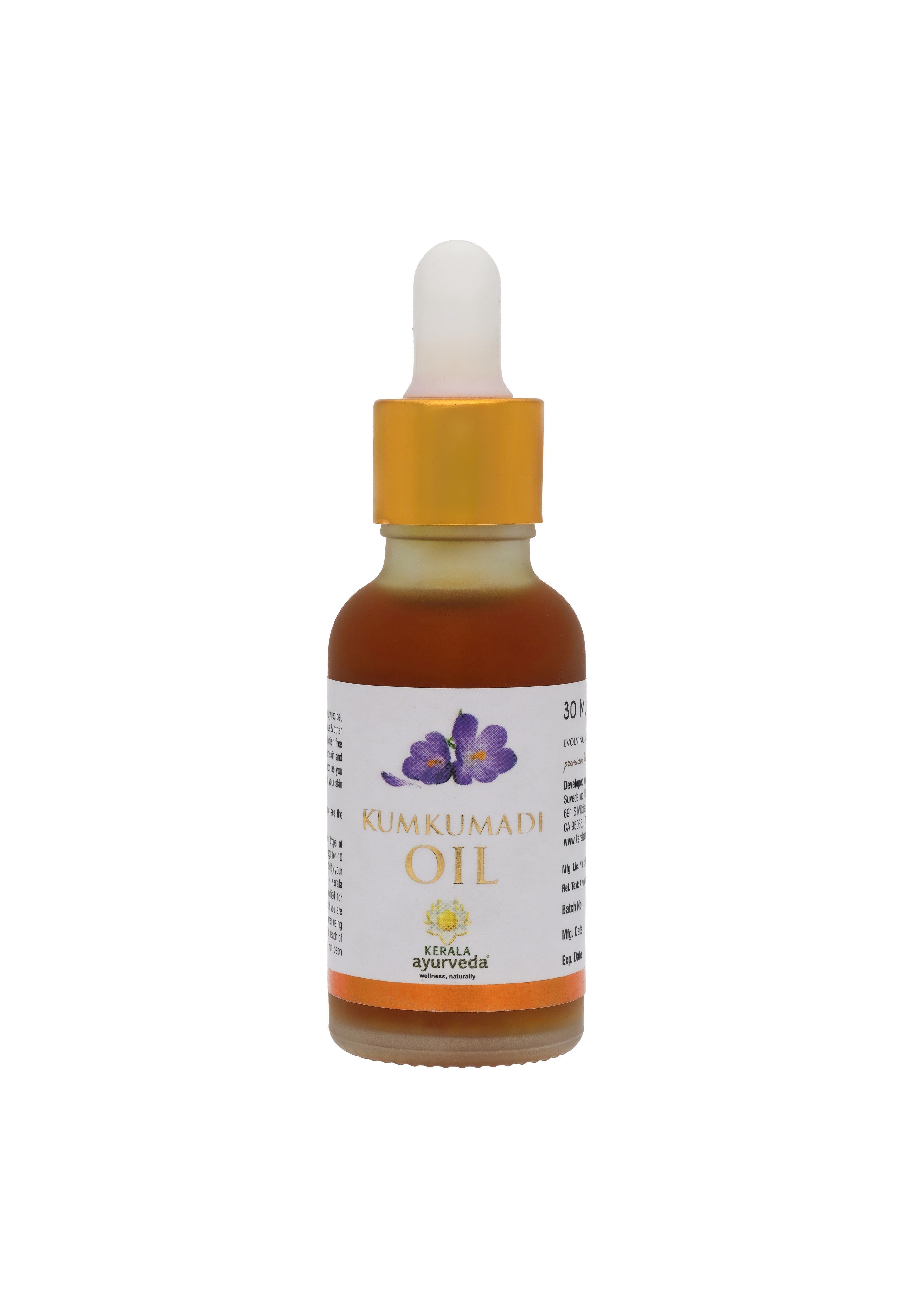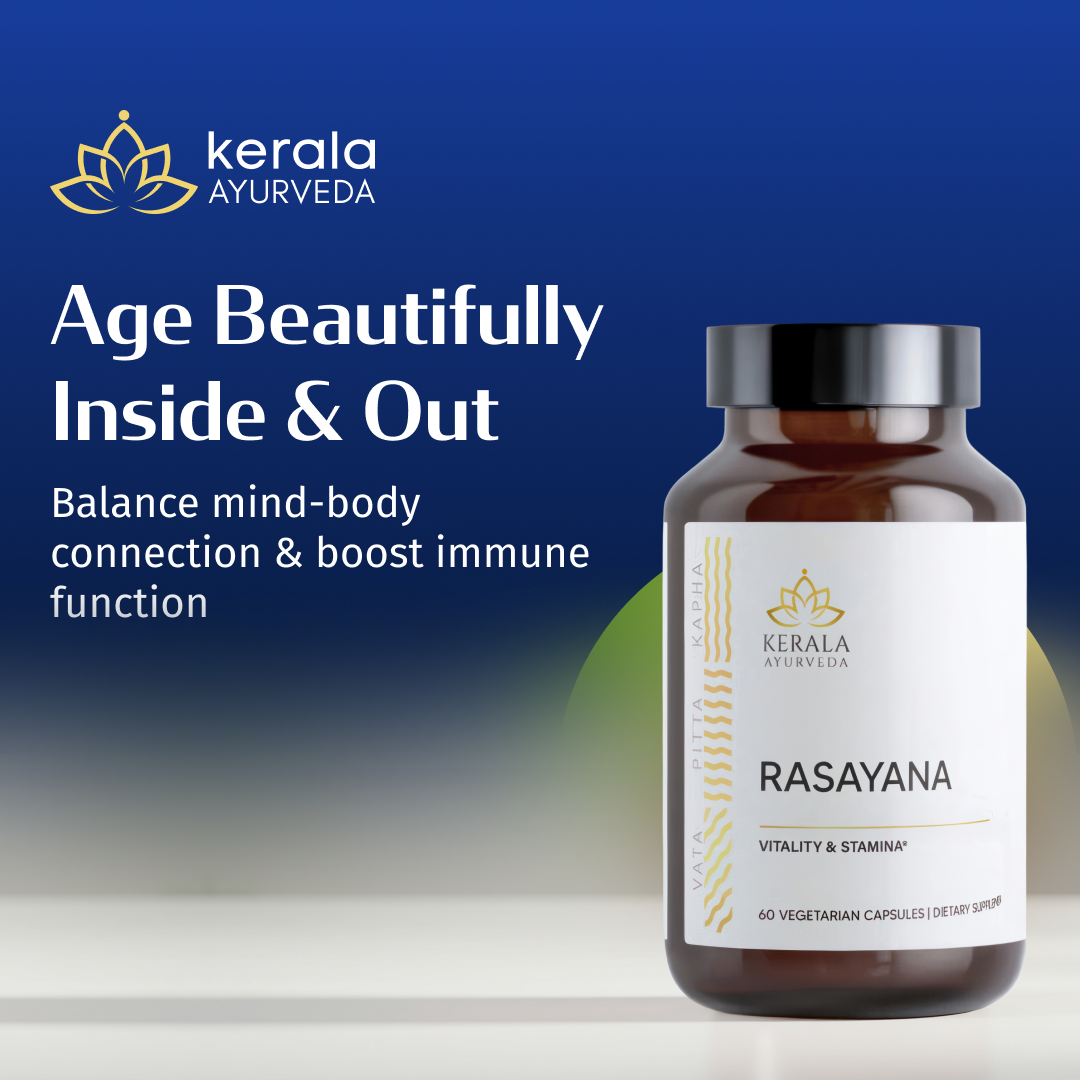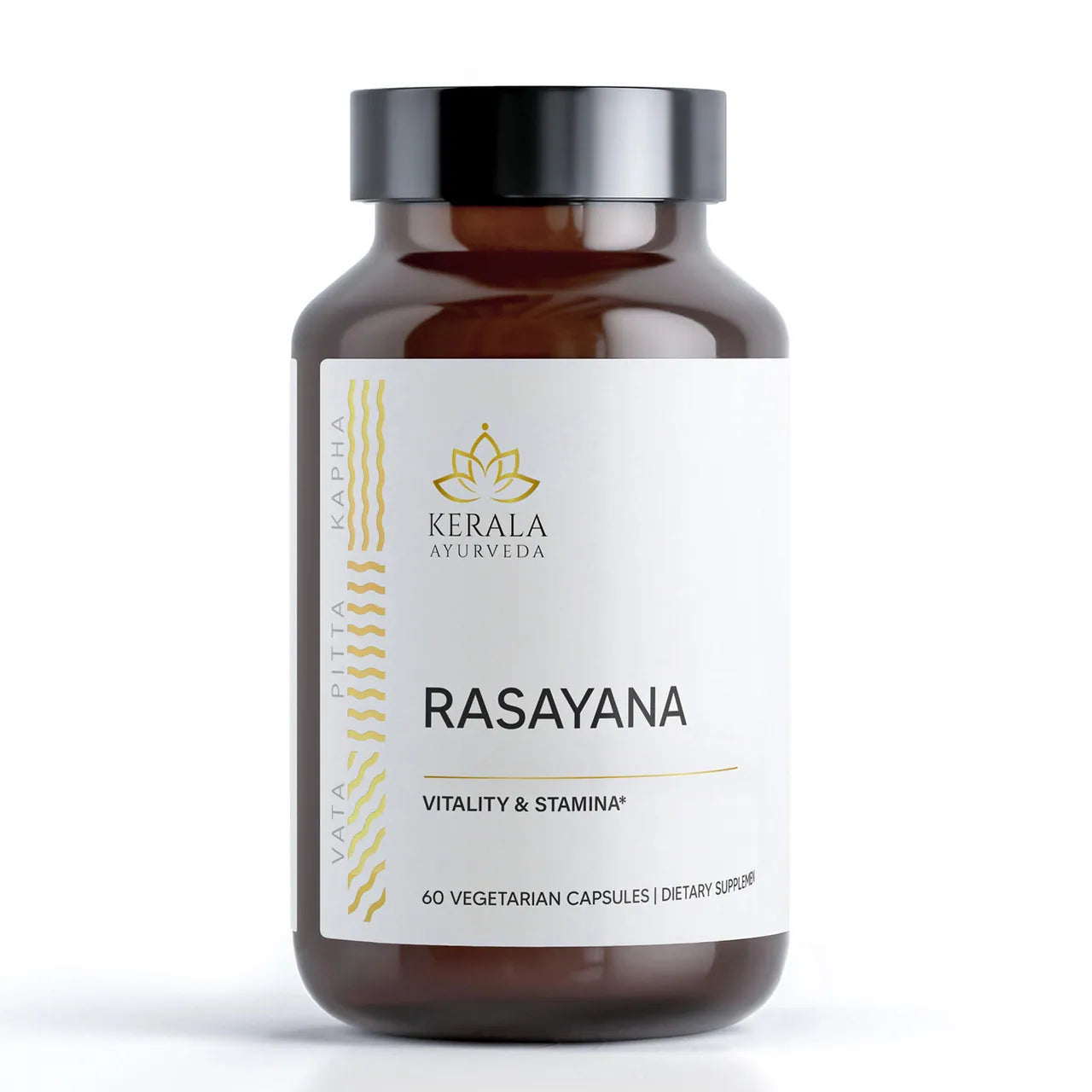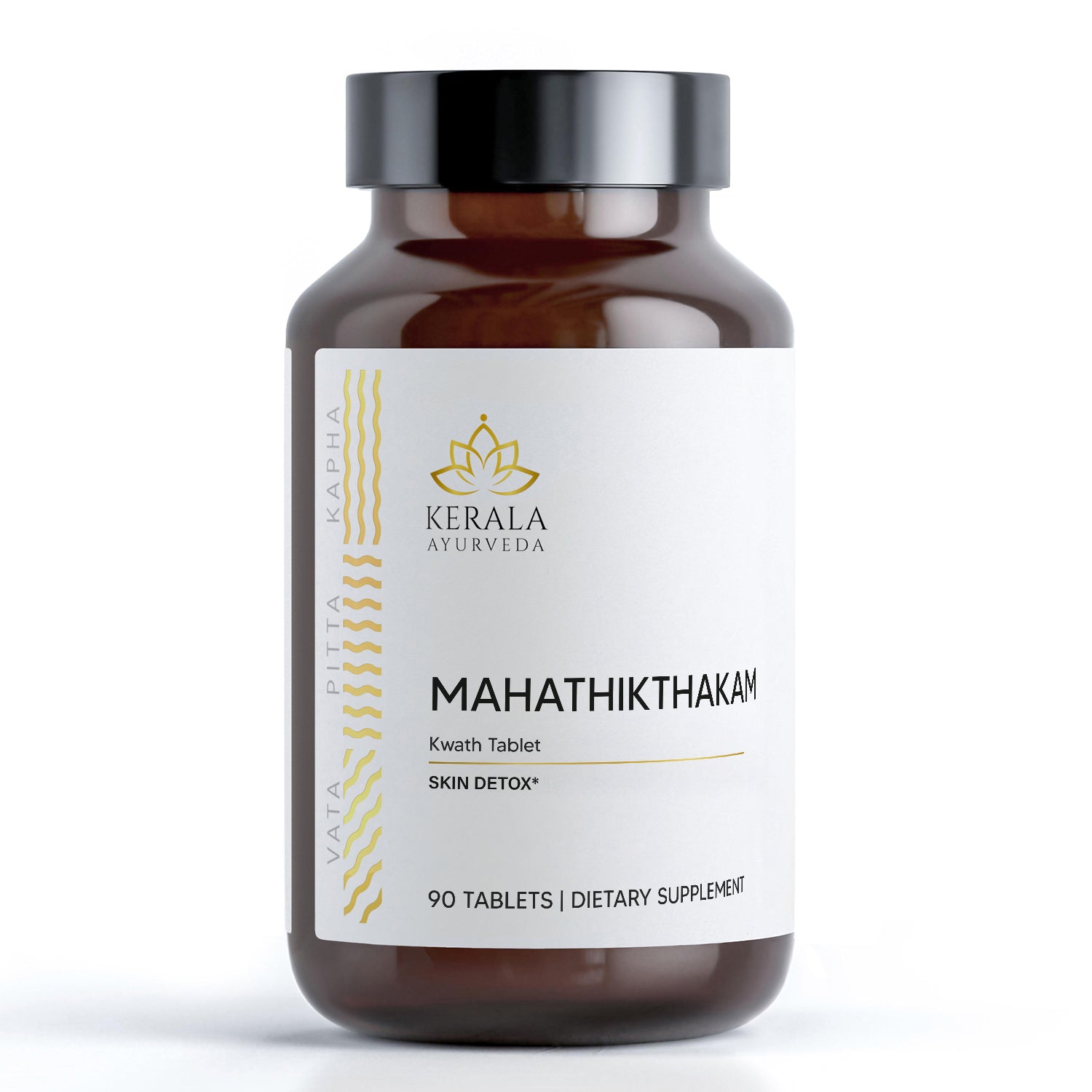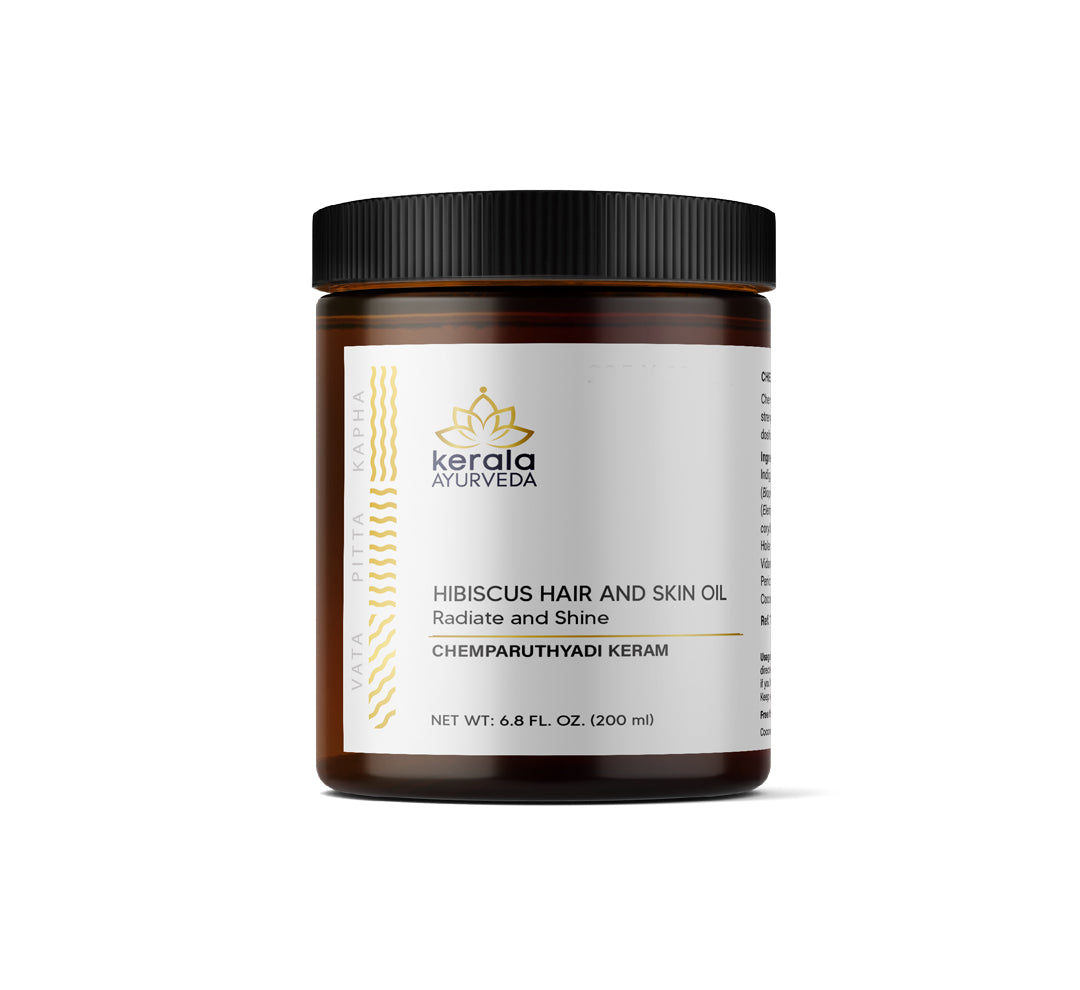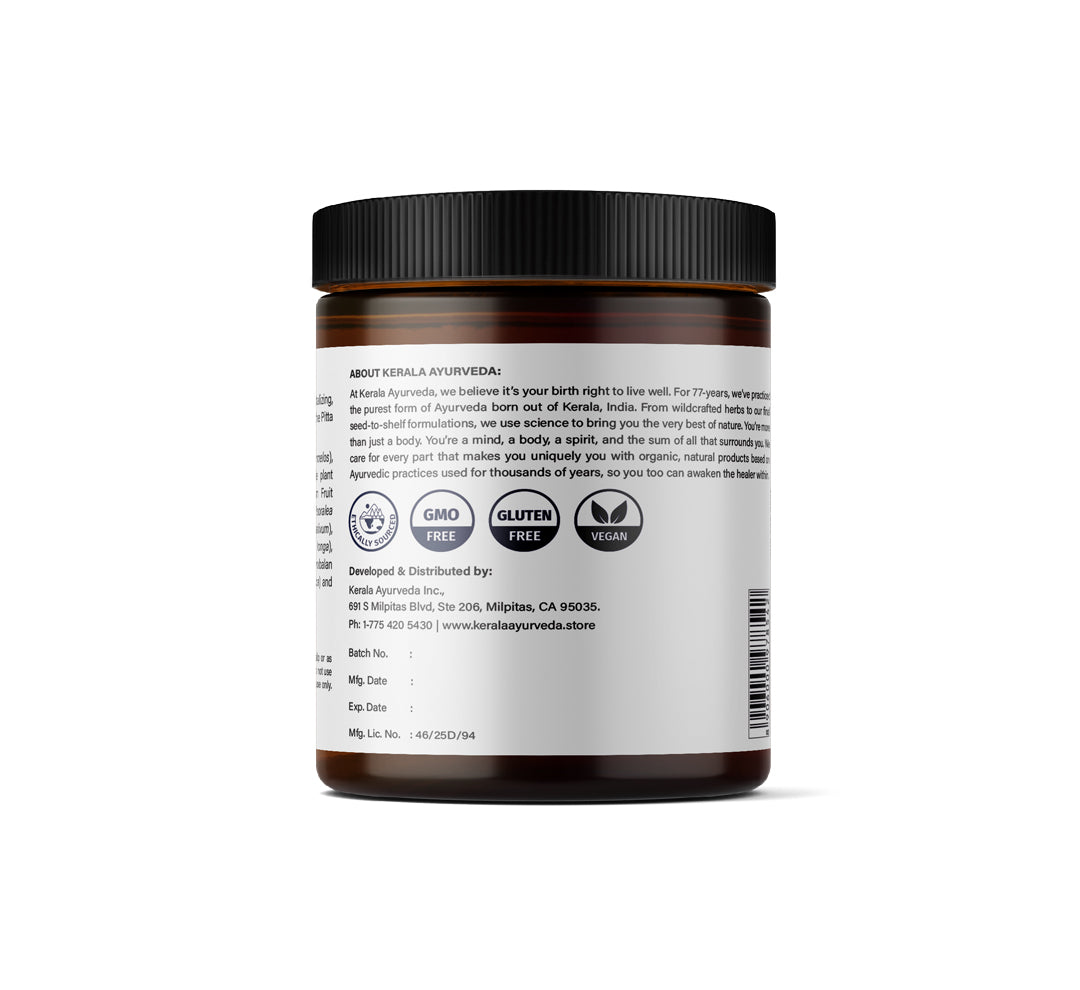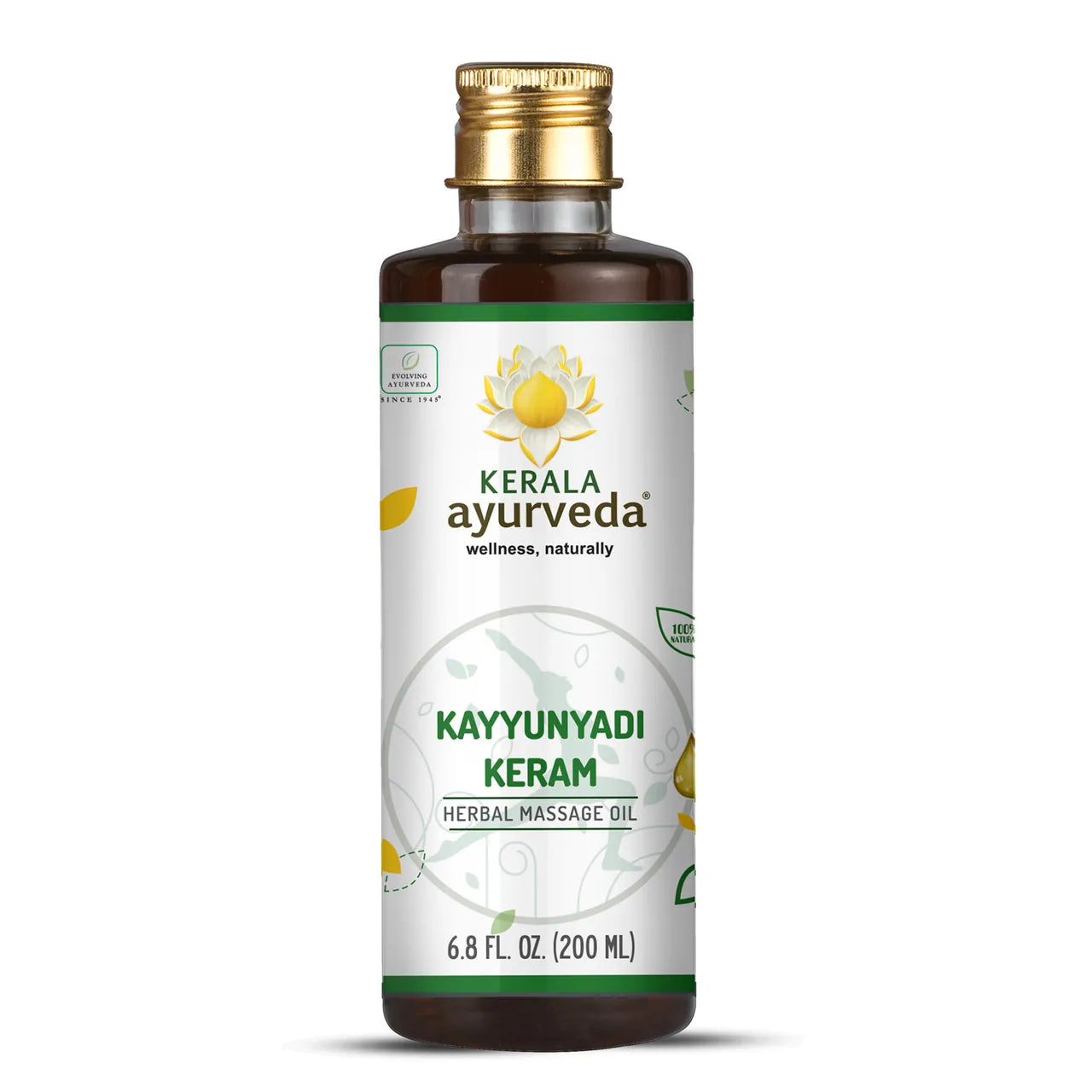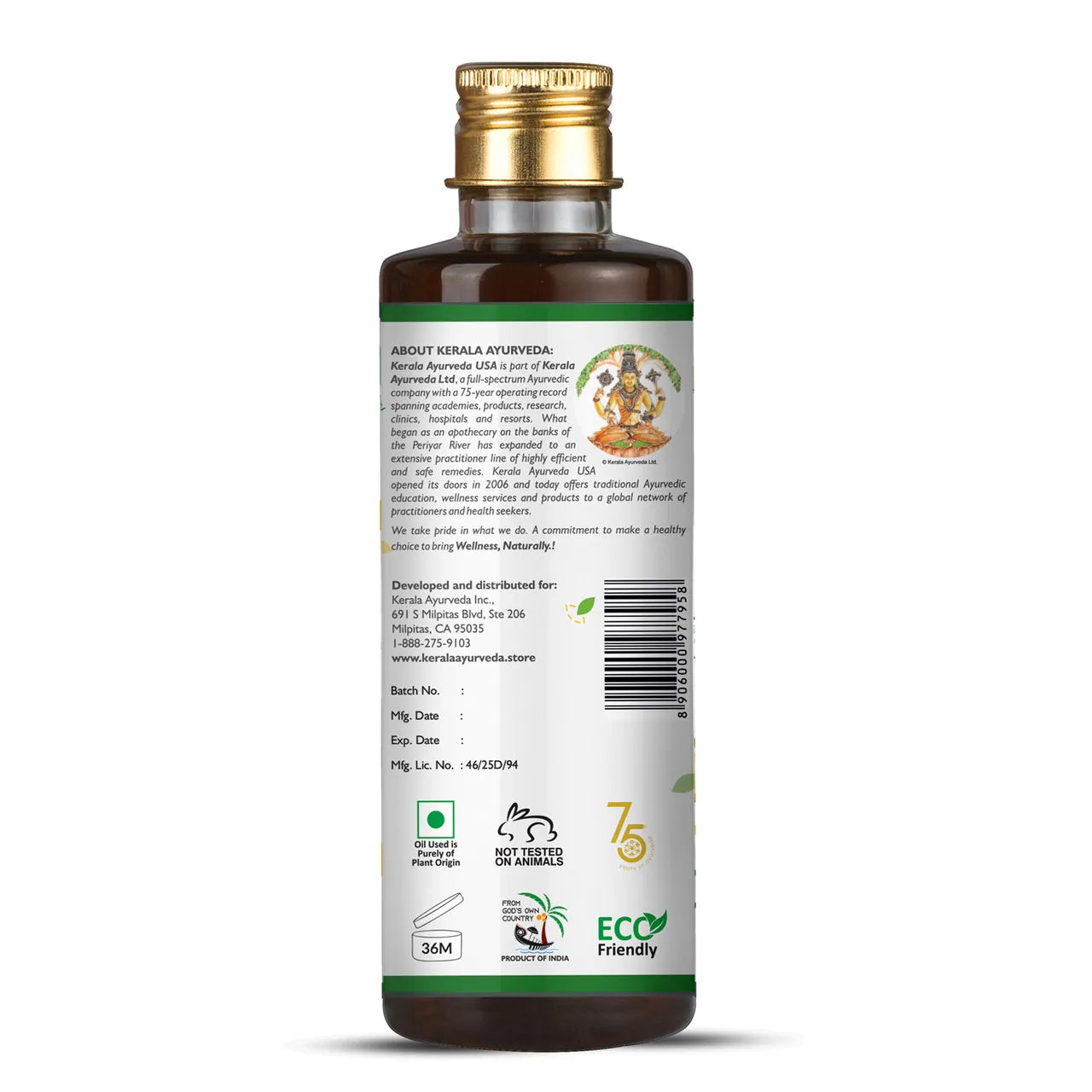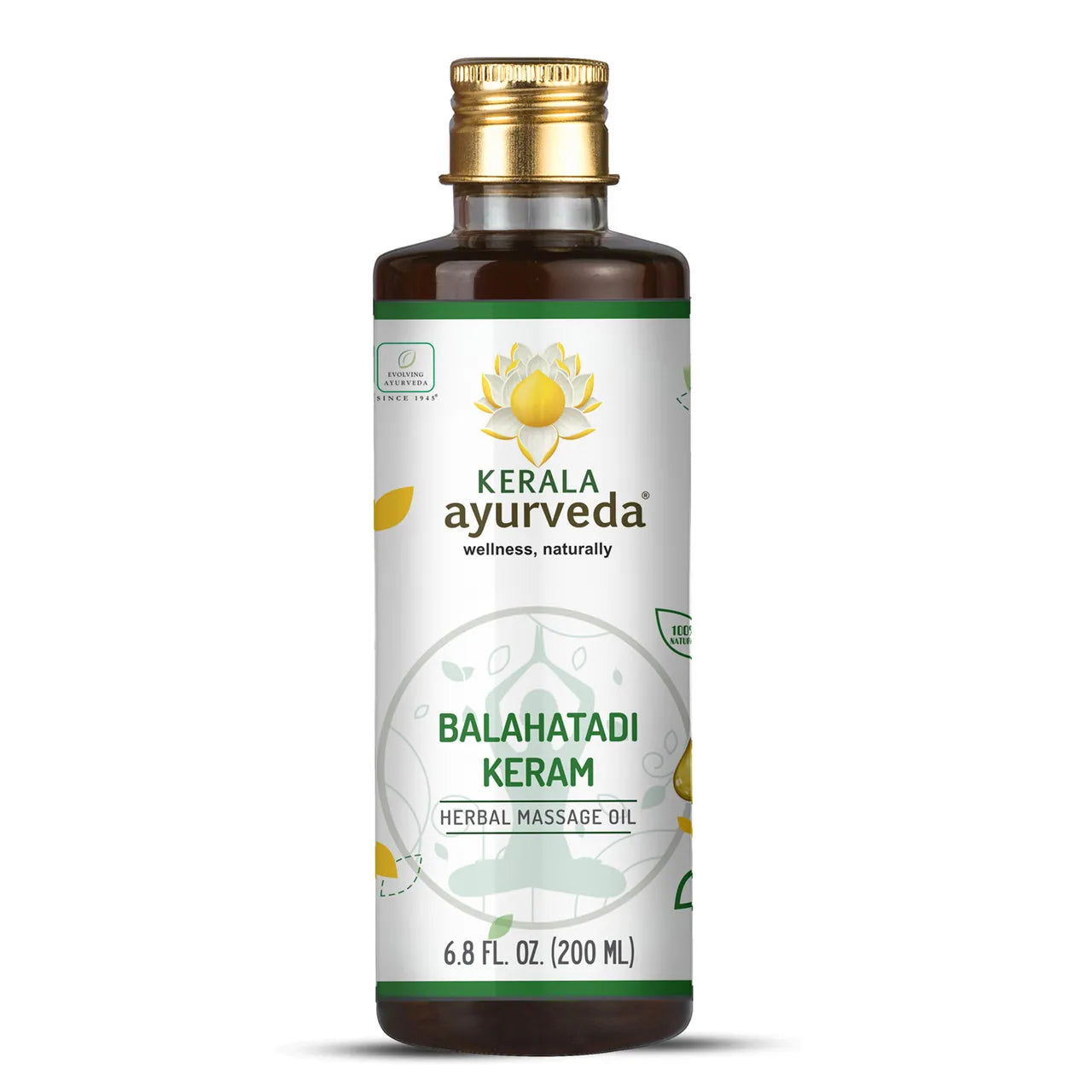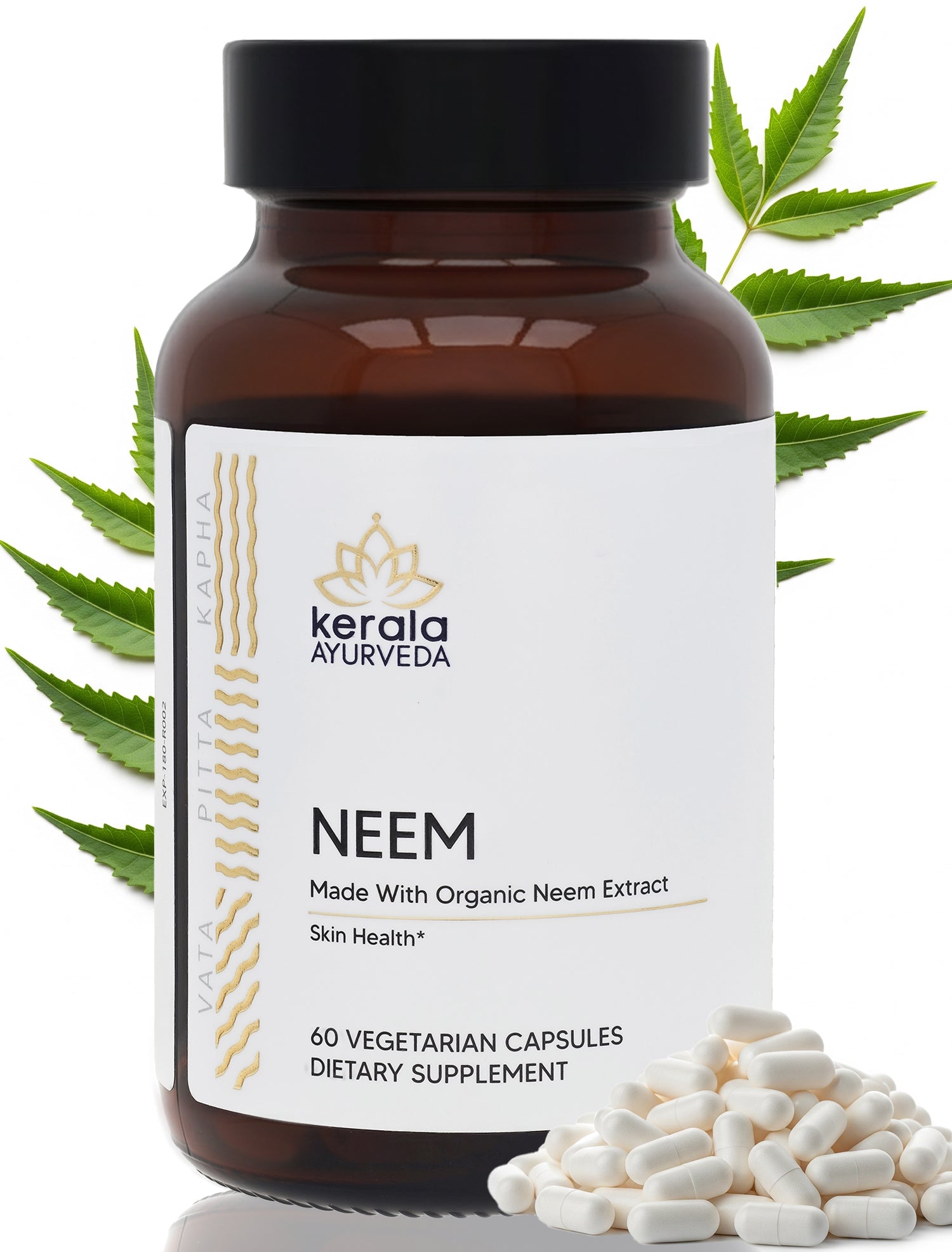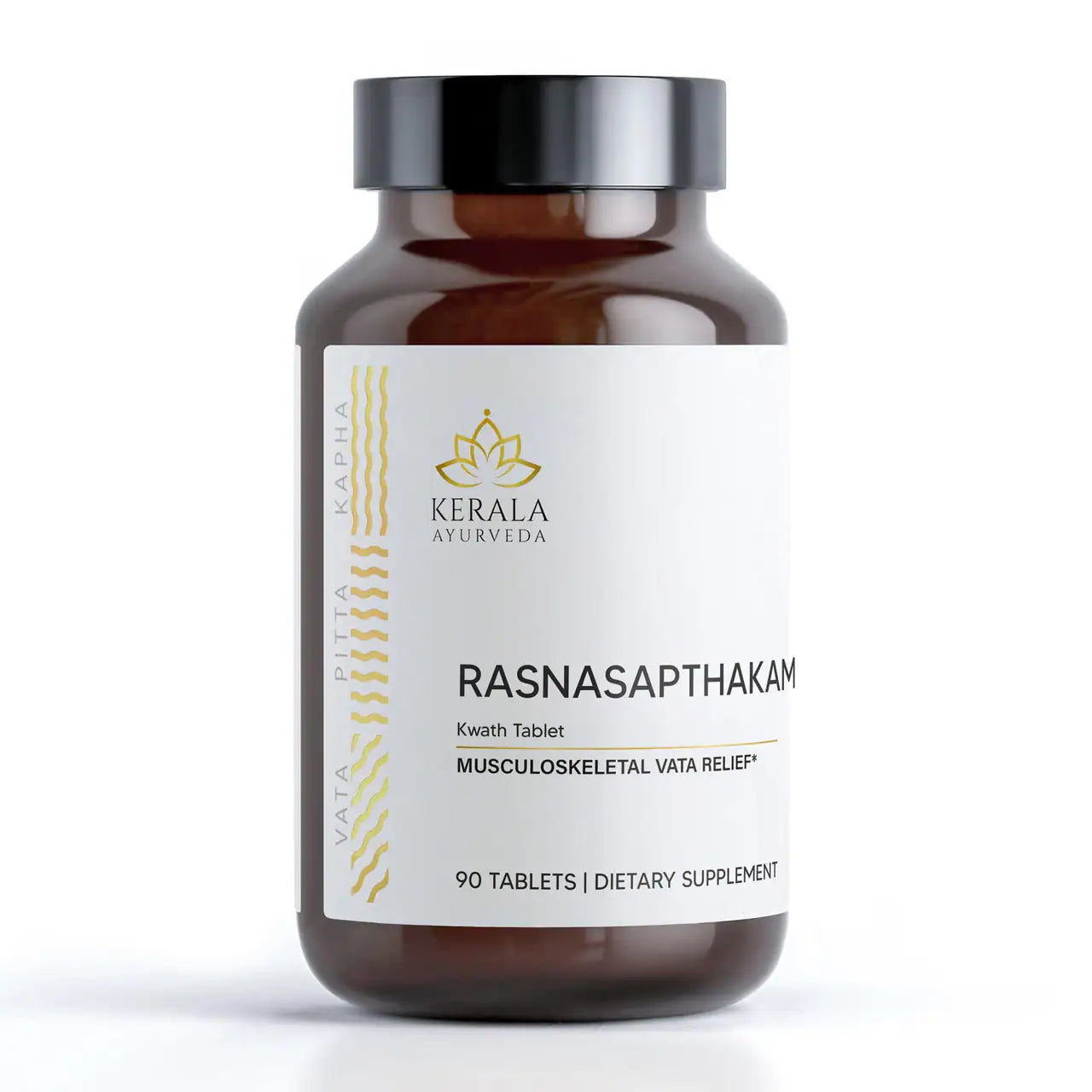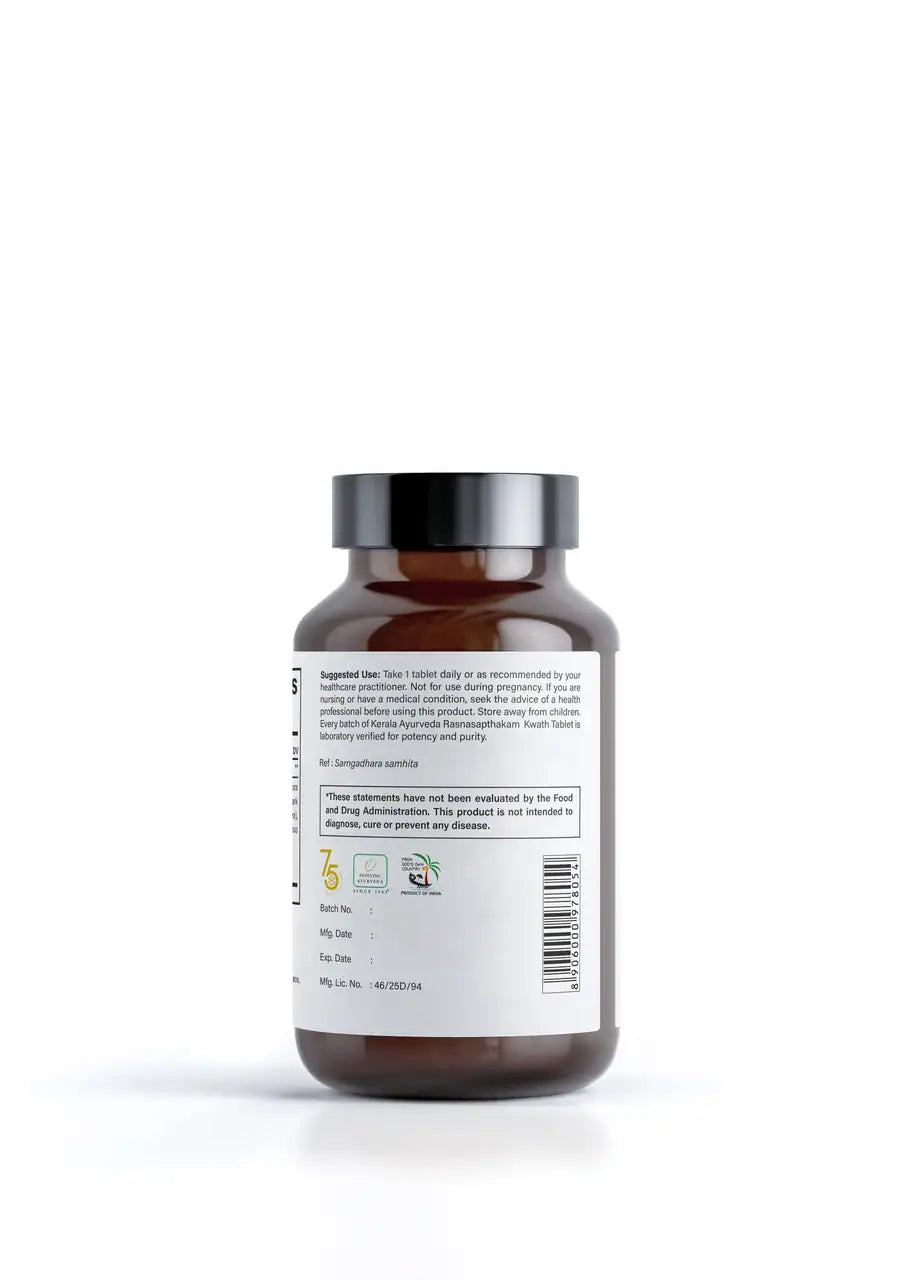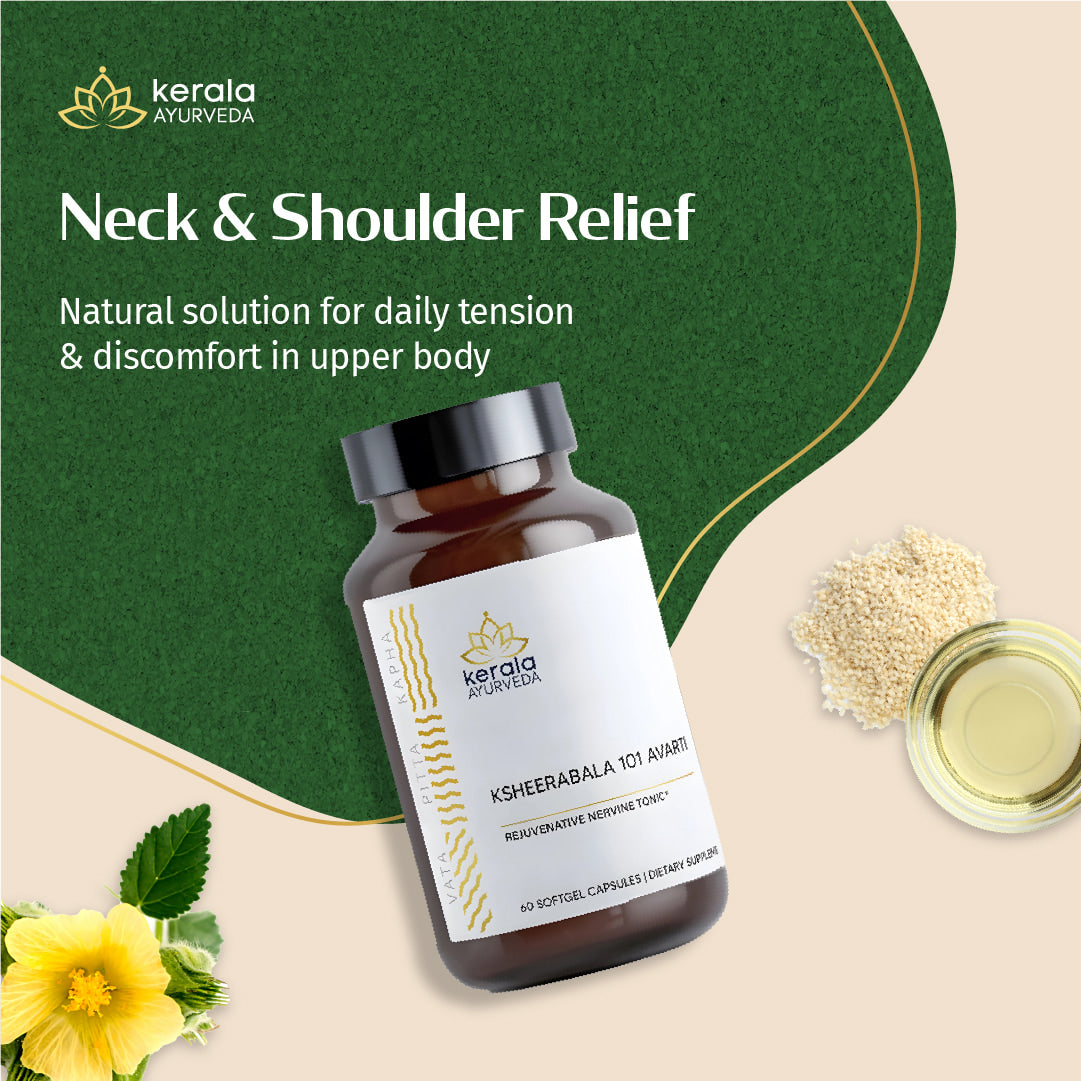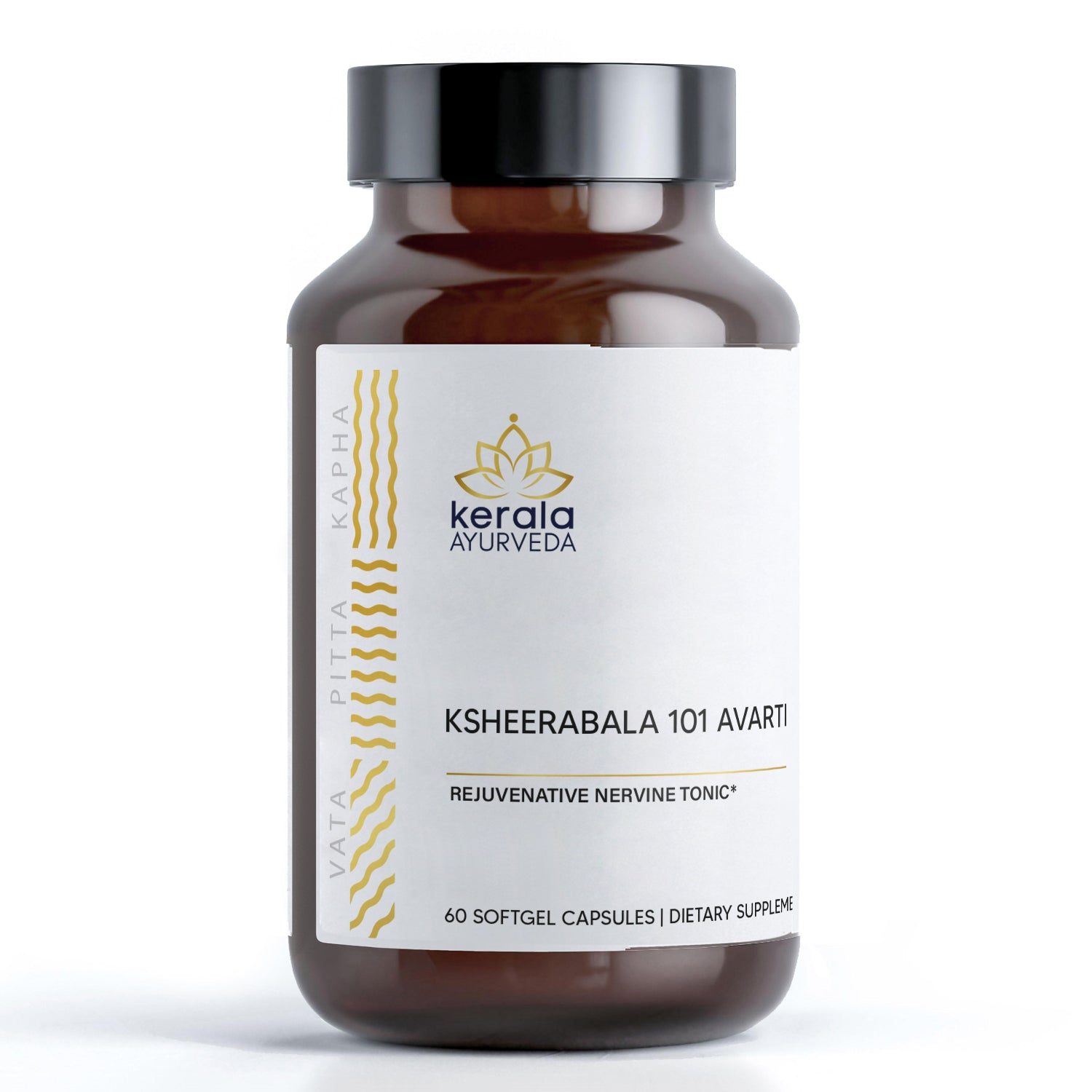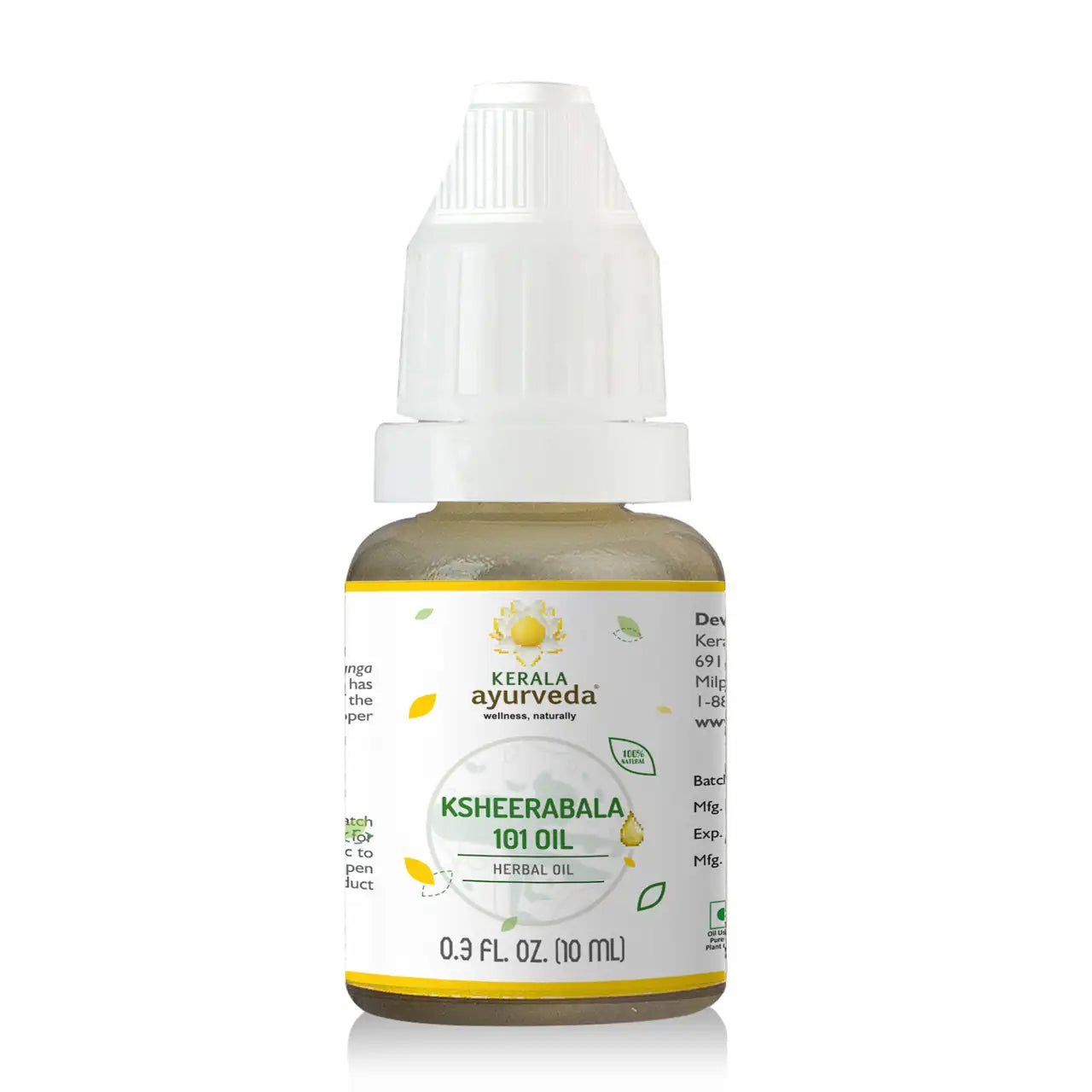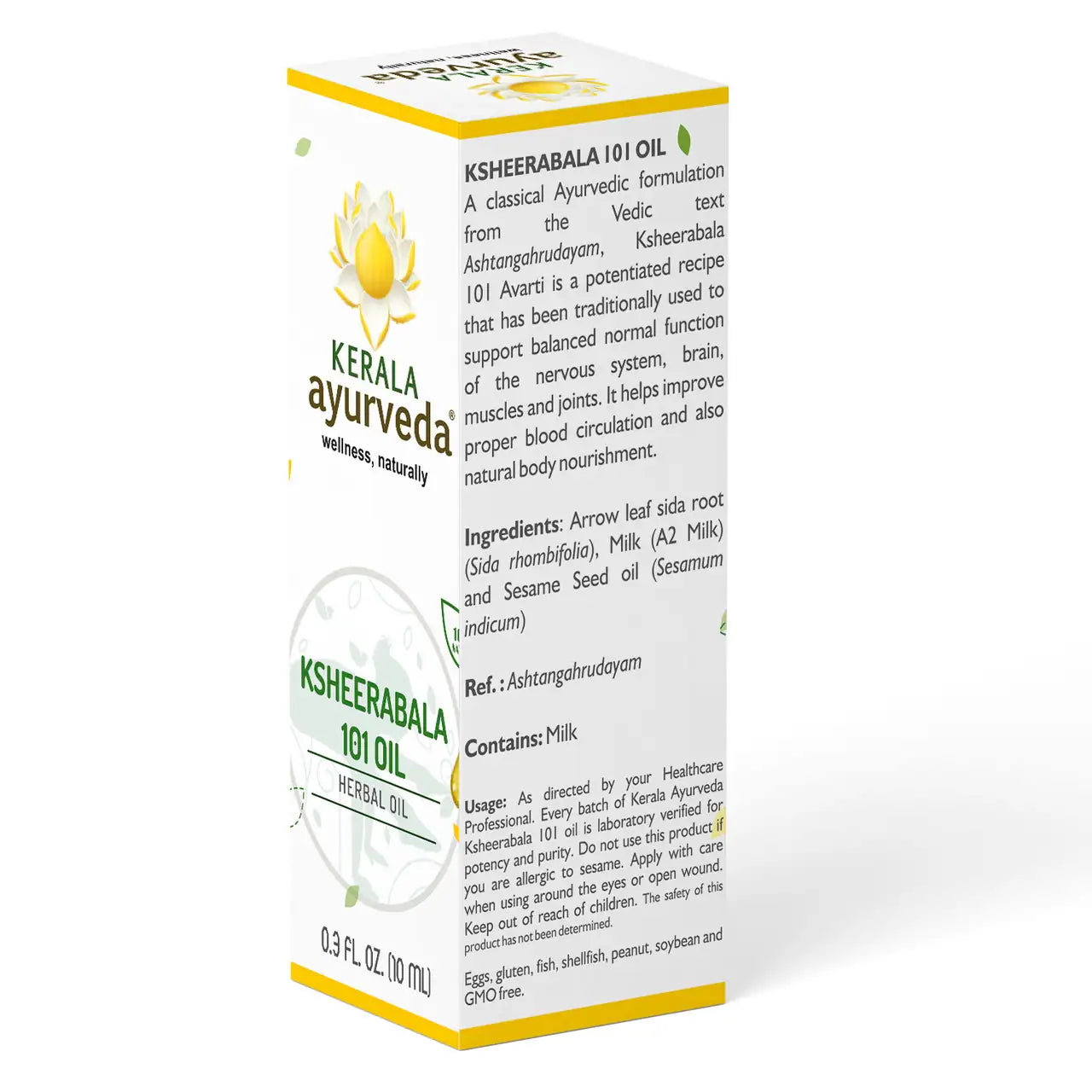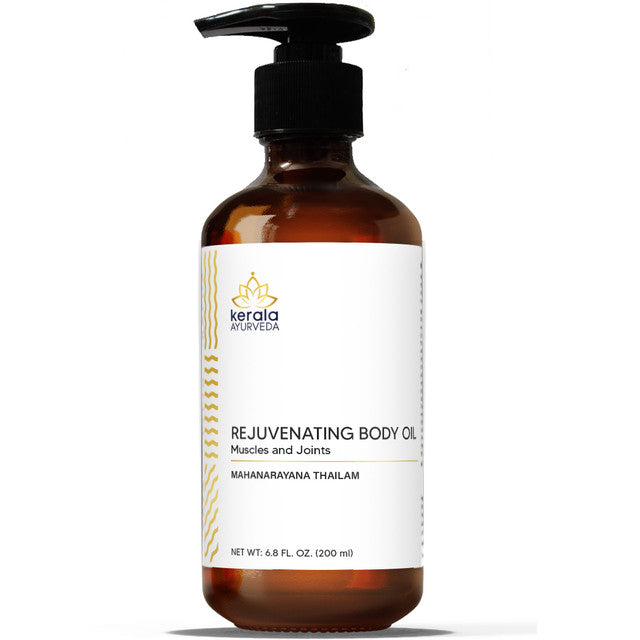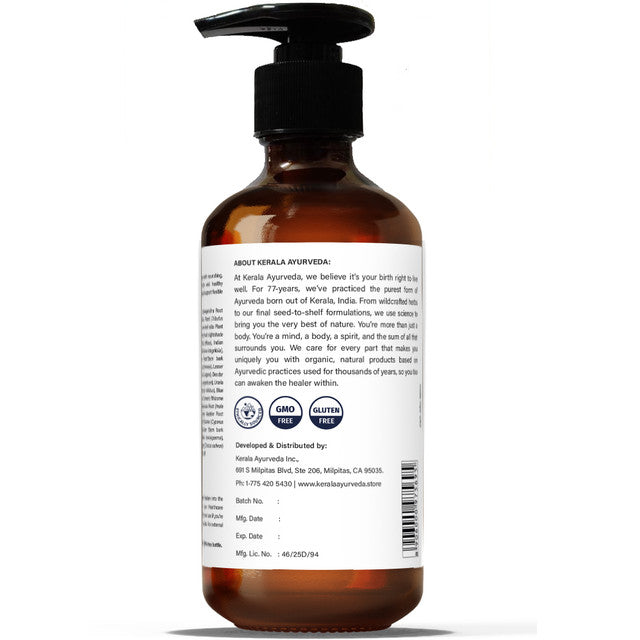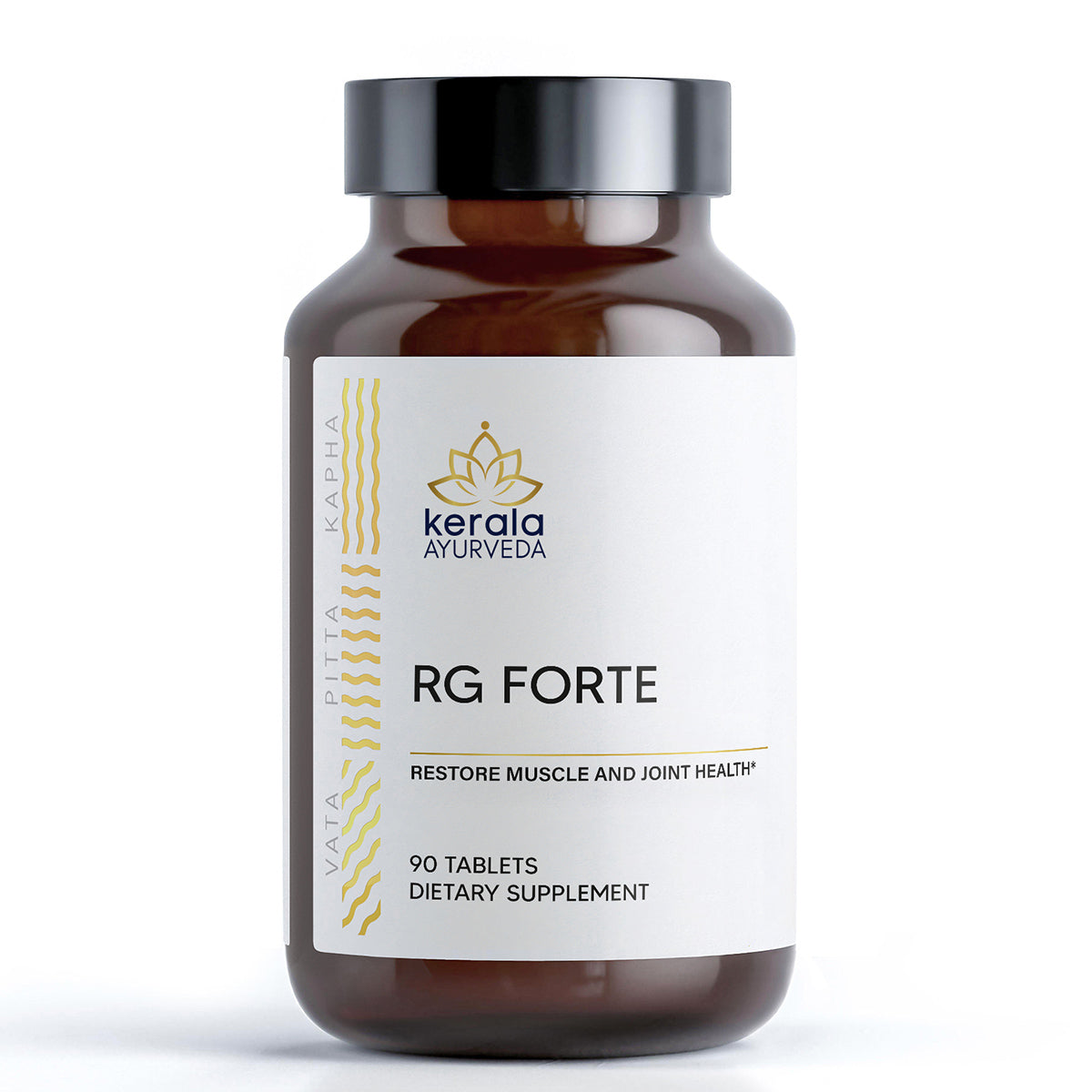Highlights
The heart is one of the most important organs in the body, which is why it’s vital that you take steps to support the normal functioning of your heart and maintain blood circulation. To start off on the path to overall wellness and improved heart health, it is advisable to consult an Ayurvedic doctor who can perform a complete evaluation of your body-mind disposition, your Doshas, & other factors in your body, and, if needed, prescribe necessary Ayurvedic medicines for blood circulation and heart health.
According to Ayurveda, heart health can also be supported by making a few key lifestyle changes.
For instance, if you currently eat a diet that is rich in fatty, processed foods, it’s advisable to start eating healthy foods that can bring your Doshas to their optimum levels and keep your body nourished.
Further, it’s good to exercise and practice yoga as a part of your daily routine.
If you are under a lot of stress, meditating and practicing breathing exercises can also be helpful. Additionally, it’s best to stop or limit the consumption of liquor. Remember that heart ailments can surface at any age, so it’s never too early to start taking care of your heart health.

Ayurveda For Heart And Blood Circulation
Our heart is equivalent to a queen bee. The way worker bees surround the queen bee, the heart lies stable between the two lungs guarded meticulously in a fortress of the rib cage: our creator put his “heart and soul” to protect it from any external injury, knowing that we cannot survive even a minute without our heart.
Ayurveda never fails to recognize the importance of our vital organ heart. It tends to focus on every direct or indirect trauma our hearts might face. As it gives origin to the great vessels of our body, we must keep it in good shape. Seeing the rise in environmental stressors, keeping our heart healthy helps exert a positive influence on different aspects of the body. Ayurveda considers the heart as one of the trimarmas or three vital points and an important energetic point from which emerge different systems and channels like the spokes of a wheel. As a seat of Prana, Ayurveda advocates the importance of maintaining vibrant heart health to have a positive influence on our physical and mental well-being. So how can you protect your heart from environmental stressors and processed food that are inevitably a part of our lifestyle to maintain a healthy heart?
With statistics showing at least one American dies every thirty-seven seconds due to heart disease, it has become even more important than ever before to take care of cardiovascular health. Ayurveda offers a holistic solution to problems of the heart and blood circulation to ensure a long and healthy life.
Ayurveda for Heart Health
A holistic approach towards wellness will not only uplift your physical heart, but your entire metabolism will thank you. A holistic approach not only consists of Ayurveda for heart but also requires you to make significant lifestyle changes.
Your blood and lymph circulation is dependent on the balance of Vata Dosha. Any imbalance due to distress or environmental factors can lead to weakened circulatory systems. Not only that, increased consumption of unhealthy cholesterol (LDL) or insufficient consumption of healthy cholesterol (HDL) can lead to lipid deposition and clogging of arteries. This condition tends to aggravate Kapha Dosha. An increased buildup of Ama (toxins) is another cause of increased heart diseases.
Traditional blood circulation medicine in Ayurveda can put you on a path of transformation.
Natural tips for heart and blood circulation
Ayurveda has been practiced for thousands of years and is known as the science of life. This wellness system focuses on improving overall health rather than treating disease symptoms – think preventive rather than reactive. Ayurveda uses a multi-faceted approach to address problems with blood circulation and heart problems. Ayurveda has several herbs that can work like a charm on your general health and can show miraculous positive effects. There are many Ayurvedic supplements for heart health and Ayurvedic supplements for blood circulation available. The focus is on restoring overall health in a variety of ways to address the root of the imbalance. This not only prolongs life but achieves total wellness – mind, body, and spirit!
- Diet plays a key role in any Ayurvedic protocol. As everyone’s constitution is unique, an Ayurvedic practitioner is able to help identify which Doshas are imbalanced. A diet to pacify or balance the Doshas is suggested in consideration of the individual’s personal needs. Generally, it is important to minimize fatty and oily food. Less salt and sugar is also advised. Increasing fruits and vegetables, as well as. spices like turmeric, black pepper, and garlic can help improve heart health.
- Yoga plays an important role in the Ayurvedic approach to good health. The sister science of Ayurveda, Yoga is also an ancient Indian tradition that focuses on improving physical, mental, and spiritual health. Yoga Asanas are postures that offer various health benefits. Even people with heart problems can do specific Yoga Asanas to improve their health. Some of the asanas that can be practiced are:
Touch the left leg with the left hand while lifting the right hand at a 90-degree angle to create a triangle pose. This asana helps improve circulation, improve heart health, and increases strength.
-
-
Uktasana or chair pose:
Pretend you are sitting on a chair while lifting your arms in the air. This helps you stretch the chest and stimulates the heart to work smoothly. -
Virabhadrasana or warrior pose:
Stand with your left leg stretched back and your right leg stretched forward. Raise both your hands in the air and breathe deeply. This posture improves circulation and helps to release stress. -
Setubandhasana or bridge pose:
Lie down with your knees bent and feet touching the ground. Let your palms be at your side facing downwards. Lift your hips and spine gently with your chest. Hold this position for at least 10 breaths and come down.
-
Uktasana or chair pose:
- Meditation is very helpful in keeping the mind relaxed. It helps to calm down an agitated mind and reduces stress. The use of breathing exercises (Pranayama) is recommended during meditation to be relaxed. Reducing stress has a major positive effect on the heart and blood circulation.
- Regular daily rhythms are recommended. Rising at sunrise and sleeping no later than 10 PM is optimal. Eating 3 healthy meals on time, with lunch as the largest meal supports strong digestion and overall health. Being physically active supports physical as well as emotional wellness focusing on positive, renewing thoughts is calming to the heart and can help restore health.
Ayurvedic supplements for the heart health?
According to Ayurveda, a balance between Agni (element of solar energy) and Soma (element of lunar energy) is needed to maintain the heart as the seat of prana (life energy). The Ayurveda for heart enriched with the goodness of herbs that aids in the following manner:
- Hridya capsule: To support cardiac balance and circulation, the capsule uses ginger and garlic as their main herb. It tends to help maintain normal cholesterol level and blood purification. Choose this among a plethora of blood circulation supplements in Ayurveda.
- Dashamula capsule: As the name suggests, the Dashamula supplement for the heart comprises Dasha (ten) plant roots. In addition to aiding healthy blood circulation, the heart supplement does wonders by helping maintain the strength of the respiratory and digestive systems.
- Ashwagandha-containing supplements: These supplements aid in the process of the amount of blood your heart ventricle pumps out with every contraction and helps calm your emotions.
- Amalaki capsule: It plays a diverse role by helping maintain the normal immune response, support healthy liver and the brain, and supporting the balance of the stomach’s acids. Along with that, this rejuvenating supplement tends to support the heart’s function too.
- Kerala Ayurveda Vital Flow: This distinctive blend of Ayurvedic herbs is the best answer to all your concerns related to healthy circulation.
- Kerala Ayurveda Arjuna: Kerala Ayurveda’s Arjuna organic capsules are one of the most trusted cardiovascular health supplements that will put an end to your search for a natural ally for your all-around well-being.
Diet, discipline, and Ayurvedic for heart are key components of Ayurveda that address the root cause of the imbalance of Dosha. We are with you at every step. With Kerala Ayurveda, you can use various products to enrich your life to support cardiovascular health.
FAQ’s
Q1. How can I protect my heart naturally?
According to Ayurveda, following simple practices like performing daily yoga and maintaining an Ayurvedic diet is helpful in supporting heart health. Reduce smoking, exercise regularly, have a healthy diet rich in leafy vegetables, whole grains, and berries. Certain Ayurvedic supplements also help maintain heart health.
Q2. Which foods help improve blood circulation and support heart health?
One helpful way to improve blood circulation and heart health is to be mindful of your diet.
- Include more fruits and vegetables in your diet since they contain a number of vital nutrients.
- Cut out trans fat and processed foods from your diet to keep your “bad” cholesterol level in check and support the normal functioning of your heart.
- Limit intake of salt and refined sugars to support the normal functioning of your heart and help maintain a healthy weight.
- Avoid red meat that is high in saturated fat.
- Exercise regularly to support your heart muscles and maintain normal blood circulation.
Q3. Why is it important to keep your heart healthy?
Your heart is the main organ responsible for the circulation of blood, oxygen and nutrients in your body. Without these elements, your body cannot function. It also helps in removing the waste products from your body without which your body would develop an infection. Hence it is important to keep your heart healthy to maintain proper blood circulation.
Q4. What is the best way to assess my heart health?
An echocardiogram is a medical test used to check the valves of the heart and the pumping strength of the heart. However, regular personal assessments can be carried out to have an estimate of your heart health. A heartbeat check with the help of a watch can tell you the number of heartbeats you have in a minute. Apart from this, look for simple signs like fatigue, swelling in legs and feet, shortness of breath, etc. to figure out if your heart is functioning properly or not. Get a checkup if you see any of these symptoms.
Q5. At what age do I need to begin taking my heart health seriously?
With growing issues of childhood obesity and diabetes, it is essential to keep regular checks on heart health from an early age. It is essential to take heart health seriously and get regular cholesterol screenings. Women are at risk for heart issues around the age of 40 while men need to be alert as early as 35 years.
Q6. Are some people at more risk than others of developing heart issues?
There are a number of risk factors that could lead to heart issues. Some of these include:
- Family history of cardiovascular issues or diabetes
- Experiencing frequent chest pains and discomfort
- Lifestyle choices like excessive smoking or alcohol consumption
- Underlying issues with respect to circulation
If you think you are at risk of developing heart issues, it’s important to maintain a healthy and active lifestyle, eat nutritious foods, and add Ayurvedic supplements to your diet to promote the healthy functioning of your body.




